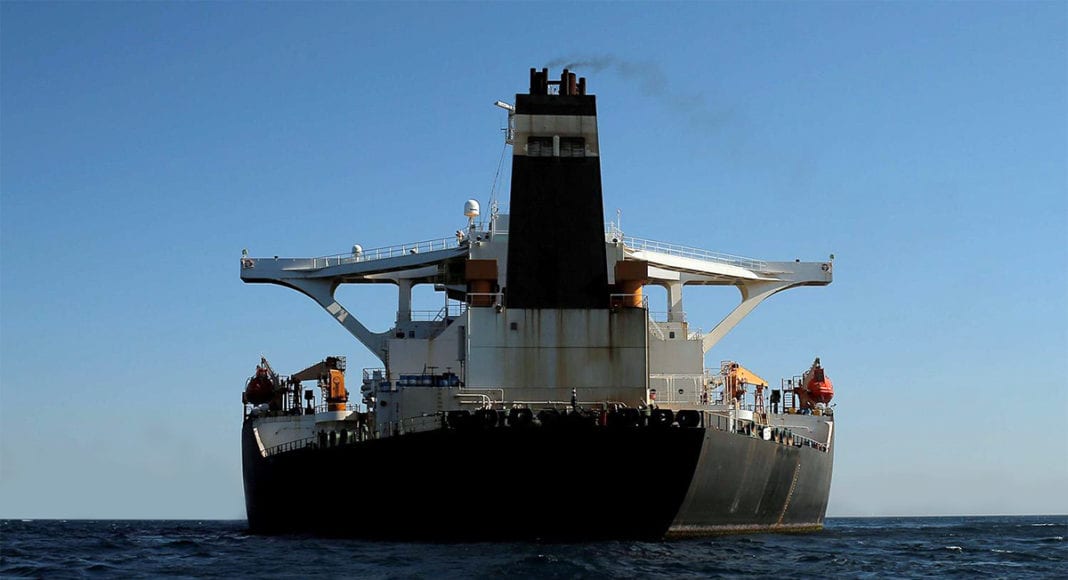(Reuters) – Oil prices jumped more than $3 on Monday, with Brent crude climbing above $111 a barrel, as European Union nations considered joining the United States in a Russian oil embargo and after a weekend attack on Saudi oil facilities.
Brent crude futures were up $3.40, or 3.2%, at $111.33 a barrel by 0958 GMT, adding to a 1.2% rise last Friday.
U.S. West Texas Intermediate (WTI) crude futures rose $3.65, or 3.5%, to $108.35, extending a 1.7% jump last Friday.
Prices moved higher ahead of talks this week between European Union governments and U.S. President Joe Biden in a series of summits that aim to harden the West’s response to Moscow over its invasion of Ukraine.
EU governments will consider whether to impose an oil embargo on Russia.
Early on Monday Ukraine’s deputy prime minister, Iryna Vershchuk, said there was no chance the country’s forces would surrender in the besieged eastern port city of Mariupol.
With little sign of the conflict easing, the focus returned to whether the market would be able to replace Russian barrels hit by sanctions.
“A Houthi attack on a Saudi energy terminal, warnings of a structural shortfall in production from OPEC and a potential European Union oil embargo on Russia have seen oil prices jump in Asia,” OANDA senior analyst Jeffrey Halley said in a note.
“Even if the Ukraine war ends tomorrow, the world will face a structural energy deficit thanks to Russian sanctions.”
Over the weekend, attacks by Yemen’s Iran-aligned Houthi group caused a temporary drop in output at a Saudi Aramco refinery joint venture in Yanbu, feeding concern in a jittery oil products market, where Russia is a key supplier and global inventories are at multi-year lows
The latest report from the Organization of the Petroleum Exporting Countries (OPEC) and allies including Russia, together known as OPEC+, showed some producers are still falling short of their agreed supply quotas.



